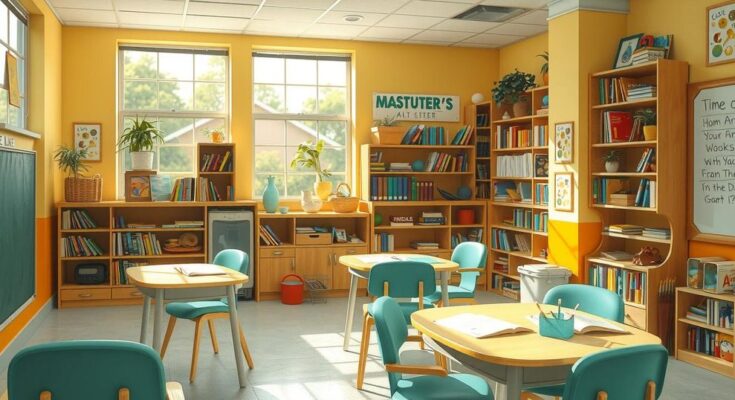South Africa’s VAT will increase from 15% to 16% in 2025 and 2026, adding financial strain on families already struggling with education costs. Many are considering alternative schooling options, such as home and online education, that provide high-quality learning at reduced costs. These alternatives eliminate transportation expenses, reduce uniform and school fund costs, and offer competitive tuition rates. Despite being more affordable, these education methods maintain quality and support, allowing families to make informed decisions regarding schooling in a changing economic climate.
The 2024 National Budget Speech has announced a phased increase in Value Added Tax (VAT) from 15% to 16%, the first increase since 2018. This change will be executed in two phases: the first increment of 0.5% will take effect on May 1, 2025, followed by another 0.5% increase on April 1, 2026.
Many South African families are already experiencing the financial strain caused by rising educational costs, which include school fees, transportation, and uniforms. In response, an increasing number of families are exploring alternative education models that provide high-quality learning opportunities at more affordable prices.
Home and online schooling are emerging as cost-effective solutions to traditional education. By eliminating the expenses associated with transportation, uniforms, and various school contributions, parents can allocate their education budgets more effectively. Louise Schoonwinkel, Managing Director at Optimi Schooling, highlights this trend, noting that home and online schooling offers a structured education aligned with the CAPS curriculum at a more predictable and often lower cost than conventional schools.
Several factors indicate how homeschooling can contribute to financial savings. First, transportation costs are completely avoided, which can be significant for families with children who travel long distances to school. Second, the costs associated with uniforms and school funds are minimized, and home learners can often eliminate these expenses altogether. Additionally, Impaq’s home and online schooling options offer competitive tuition rates compared to high-end private and public schools, which can escalate annually. Lastly, parents have the liberty to select learning materials that align with their budgets, further enhancing their financial flexibility.
Home and online schooling are positioned as affordable yet high-quality educational options. Students engage with the CAPS curriculum, receive structured support, and can smoothly transition to traditional schooling or higher education if desired. Schoonwinkel emphasizes that families should not have to sacrifice quality for affordability; the right support in alternative education can yield equivalent academic results while giving parents more control over their financial commitments to education.
As the VAT increase approaches, parents will be encouraged to make informed financial decisions regarding their children’s education. Home and online schooling represents a practical and cost-effective alternative that offers the necessary flexibility, structure, and quality education amid an evolving economic landscape.
In conclusion, the phased VAT increase in South Africa compels families to reassess their educational expenses. Alternative schooling, particularly home and online education, presents a compelling solution that combines cost-efficiency with high-quality learning. This approach empowers parents to manage their educational budgets while ensuring their children receive a robust educational experience. As financial pressures mount, these alternative models are increasingly viewed as viable and strategic choices for families.
Original Source: www.zawya.com




